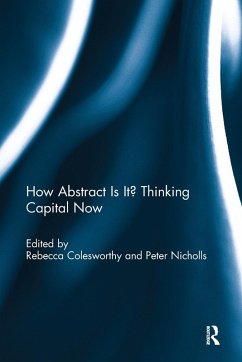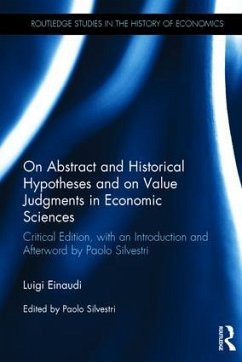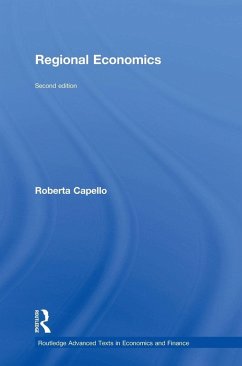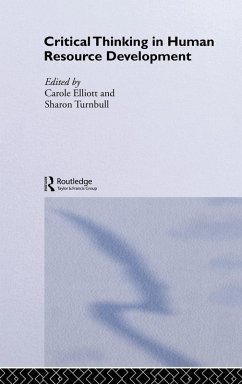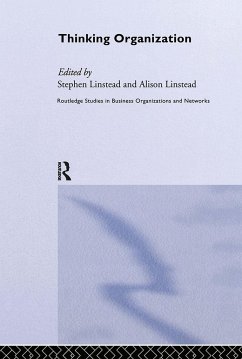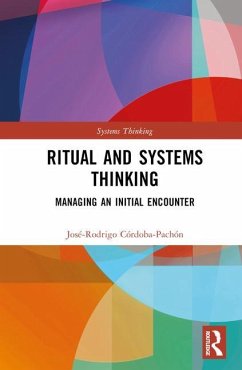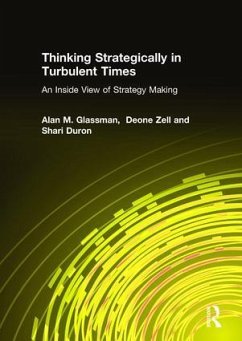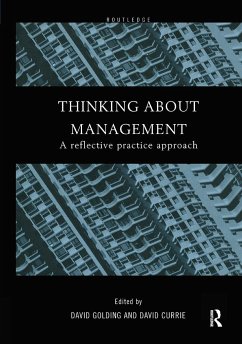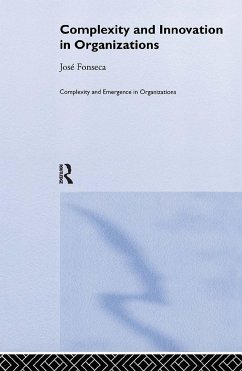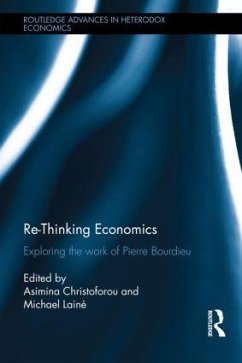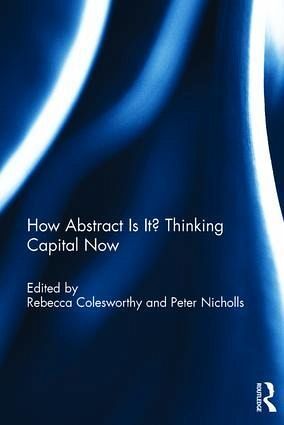
How Abstract Is It? Thinking Capital Now
Versandkostenfrei!
Versandfertig in 1-2 Wochen
113,99 €
inkl. MwSt.
Weitere Ausgaben:

PAYBACK Punkte
57 °P sammeln!
Since the start of the financial crisis in 2008, the notion that capitalism has become too abstract for all but the most rarefied specialists to understand has been widely presupposed. How Abstract Is It? Thinking Capital Now provides an indispensable counterpoint to the "economic turn" in the humanities, bringing together leading literary and cultural critics to reconsider the question of abstraction - an issue at the heart of the recent financial crisis, yet seldom addressed directly in the wealth of criticism to which it has given rise. This book was originally published as a special issue ...
Since the start of the financial crisis in 2008, the notion that capitalism has become too abstract for all but the most rarefied specialists to understand has been widely presupposed. How Abstract Is It? Thinking Capital Now provides an indispensable counterpoint to the "economic turn" in the humanities, bringing together leading literary and cultural critics to reconsider the question of abstraction - an issue at the heart of the recent financial crisis, yet seldom addressed directly in the wealth of criticism to which it has given rise. This book was originally published as a special issue of Textual Practice.




